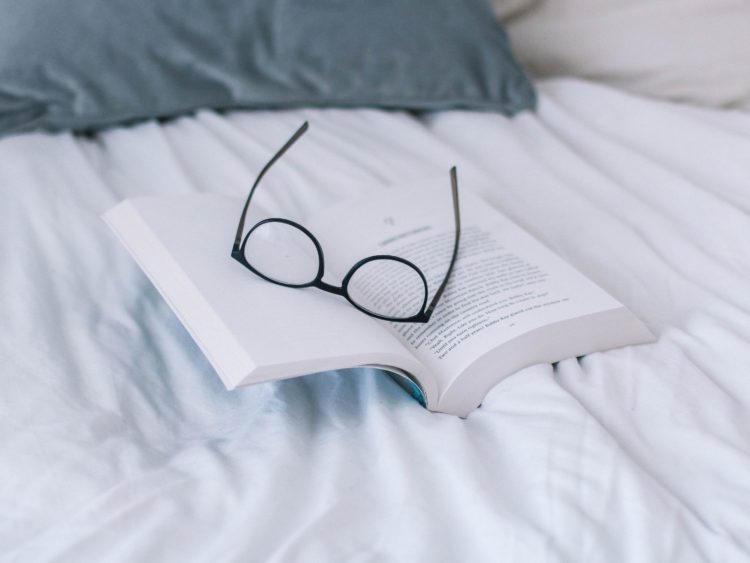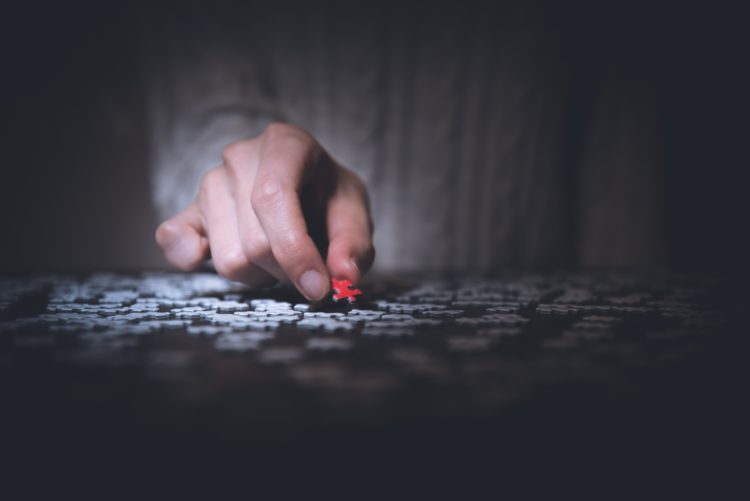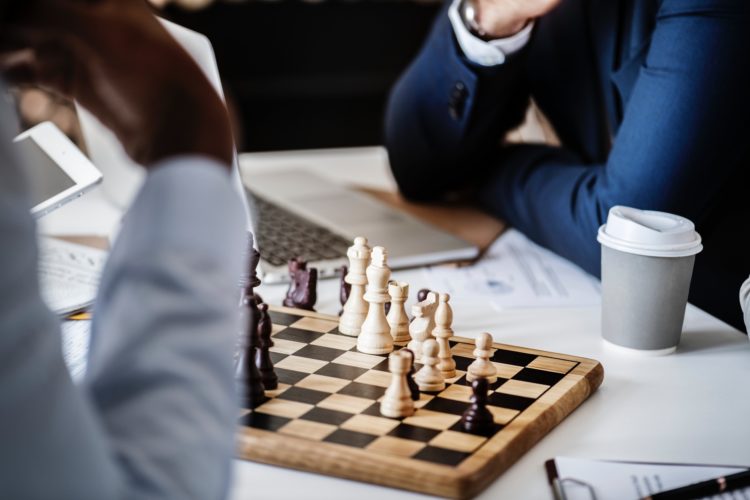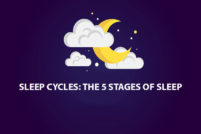But, while your body is physically at rest, your mind is still hard at work, processing the information that it took in during the day and filing important skills for future use.
The processes behind these phenomena in our brain are not yet fully understood but scientists are beginning to better get a handle on how exactly sleep affects learning and just why it is so important to get a good night’s rest when it comes to learning new skills.Here are 5 ways in which sleep affects our ability to learn new skills.
1. Sleep affects memory before learning something new

It is not entirely surprising that we are better at learning after a good night’s sleep.
Many of us have experienced going to class and trying to retain what the professor is saying on no sleep or studying for a test after a bad night. But to what degree does lack of sleep affect learning?
One study by Seung-Schik Yoo at Harvard Medical School in Boston concluded that a bad sleep before studying could mean you retain 10 percent less information than if you were well rested.
The study asked 14 people to stay awake all night, through until the next evening, and then review a sequence of 150 images while their brains were being scanned.
Researchers allowed two days to pass at which point the subjects were given a pop quiz and asked to identify the images they saw two days prior, from a total of 225 pictures.
While they could identify 74 percent of the images, the other group that slept well before viewing the images could retain up to 86 percent of the images, a marked difference.
Dr. Matthew Walker, a sleep scientist based out of the University of California Berkeley, explains that sleep before learning “helps prepare your brain for the initial formation of memories.And then sleep after learning is essential to help save and cement that new information into the architecture of the brain, meaning that you’re less likely to forget it.”
2. Sleep affects memory after learning something new

Getting a good night’s sleep isn’t just important before you have to study for an exam or learn something new. It’s also important to sleep well after learning new skills or taking in new information.
And, research suggests that it is important to go to sleep shortly after studying or learning new skills, meaning that cramming for a test before you go to sleep might not be a bad idea at all, in terms of performance.
Research out of the University of Notre Dame, led by psychologist Jessica Payne, studied 207 students who slept at least six hours per night and randomly asked them to study declarative, semantically related, or unrelated word pairs, at 9 a.m. or 9 p.m. and then again, 30 minutes, 12 hours or 24 hours later.
Declarative and semantic memory are types of memory used every day and have to do with remembering facts and events.
During the 12-hour retest period, subjects had, overall, superior memory following a night of sleep, compared to a day of being awake.
After 24 hours, when all subjects had a full night sleep and, after a full day of being awake, subjects’ memories were better when sleep occurred shortly after learning, rather than after a full day of being awake.
In another study, sleep deprivation caused the stress hormone corticosterone to accumulate in the brains of mice, which in turn caused a decrease in neuron production, essential for learning and retaining new information.
3. Lack of sleep affects perception and judgement

Another way in which sleep affects learning is with regards to perception and judgement. In fact, one study has shown that sleep deprivation can have almost the same effect as being drunk, when it comes to perception and judgement.
In the study, lack of sleep interfered with the brain’s ability to process new information and convert visual information into conscious thought.
As lead researcher Yuval Nir of Tel Aviv University explains, during sleep deprivation your brain is actually seeing things slower, so, for example, if a pedestrian were to walk in front of your car, your ability to react is much slower than it is for a rested individual.
During periods of sleep deprivation, not only does the brain perceive and take in new information slower, the researchers also discovered that certain regions of the brain were in an almost sleep-like state and exhibited slower brainwave activity than other areas, which were awake and operating as usual.
4. Sleep can help you solve problems

Problem solving is an important part of the learning process and can be enhanced with a proper sleep schedule or hindered by sleep deprivation.
The root of this seems to lie with REM sleep, which research shows can enhance creative problem solving.
The study, by Sara Mednick from UC San Diego, showed that more than any other sleep or awake state, REM sleep directly enhances creative processing by helping the brain make new associations between unrelated ideas.
She explained that while the passage of time is enough to find solutions for creative problems that you’ve already been working on, “for new problems, only REM sleep enhances creativity.”
Participants in the study were given a creativity task in which they were asked to come up with one word to go with three words they were already given.They were tested in the morning and in the afternoon, either after a nap with REM sleep, without REM sleep, or with just a quiet resting period.
While the quiet rest and non-REM group showed no improvement on the test, the REM group improved their results by almost 40 percent over their morning performance.
5. Sleep improves focus and attention

It doesn’t take a scientific study for most of us to understand that when we are sleep deprived, it is harder to concentrate and focus on new tasks and information. But researchers are helping us to better understand the how this happens and it has to do with how our brain filters out information and focuses on specifics.
In one study, researchers confirmed that sleep deprivation can negatively affect what is called “selective attention”, or the ability to focus on specific information when other things are happening at the same time.
During the research, participants were divided into two groups, consisting of 10 who slept as usual and eight who did not sleep for 24 hours. They then listened to two different stories, each played in a different ear, with different voices.
Both groups were told to pay attention to just one of the stories, but it was found that the group that slept had a much better attention span than the sleep deprived group and could focus just on one story and suppress the information from the other.
While it is unclear exactly how the brain filters out and focuses on specific information, it was found that during brain scans, those that slept had one signal in their brain clearly enhanced and a separate signal suppressed, showing that they were clearly focusing on the one story and suppressing the other.
Conversely, those in the sleep-deprived group showed less of a marked difference between the enhanced and suppressed signal, showing that they were having more difficulty just focusing on one of the stories.
This small sampling of research shows that sleep is needed for much more than repair and rest and it is also an important time for our brain to file information and make connections.
The next time you have to cram for an exam or are working to learn something new, make sure you get a good sleep both before and after you study, to give yourself the best chance at absorbing and processing the information.





